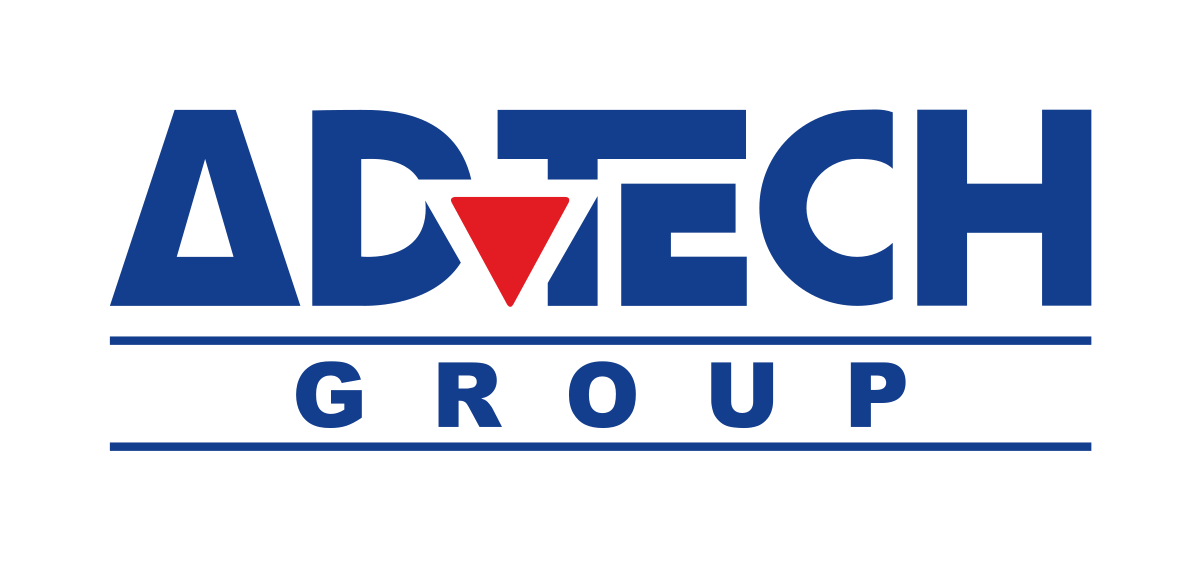Maths vs maths literacy: Why it’s worth giving pure maths your best shot
Opting for maths literacy is often a result of pupils struggling with mathematics, coupled with the belief that they will not need mathematics for the qualification they intend to pursue after school.
Every year, thousands of high school pupils in South Africa grapple with the difficult decision of whether they should pursue mathematics as a subject or do mathematics literacy instead. It is a tough question with real-life consequences, some immediate (in the form of improved marks and a less stringent workload), but also some which will impact one’s options throughout their life.
Therefore, it needs to be considered very carefully, and the decision must be made only after weighing up all considerations, an education expert says.
“South African pupils have increasingly started to opt for maths literacy, without having thought through all the consequences. The general trend across schools is that pupils, who perform poorly in mathematics are encouraged to drop it in favour of maths literacy. The obvious downside of this is that for the pupils, who take maths literacy, it does not provide access to many post-school study and career paths. Additionally, we are currently seeing a lot of critical-thinking-skills-based jobs emerging that increasingly require a set of skills that can only be developed through rigorous engagement with complexity. This means that in addition to currently closed doors, there will also be more career options out of bounds in future for those who opted for this literacy,” said Philip Hlatshwayo, head of programme: faculty of education at the Independent Institute of Education.
Opting for maths literacy is often a result of pupils struggling with mathematics, coupled with the belief that they will not need mathematics for the qualification they intend to pursue after school.
But it needs to be understood that for the vast majority of pupils, pursuing mathematics successfully is possible, particularly if it is understood that mathematics opens more doors than pure career ones, Hlatshwayo says.
“Besides the career paths and knowledge engagement that come with studying mathematics, one of the greatest benefits is its ability to develop a formidable character. Beyond the technical, sticking with mathematics during challenging times builds tenacity and resilience. The ability to patiently work on the subject matter that fires up all your cognitive cylinders is a worthwhile undertaking. It is not an easy subject, but this trait should not be viewed as a promotional requirement. One thing we need to understand is the difficulty of the subject, the back-and-forth process of trying to solve problems in mathematics builds up the ability to see situations through multiple lenses and process information in diverse ways,” he continued.
The essence of the exercises involved in the study of mathematics is not the answer you get after a procedural completion of an equation, but the process it takes for you to get to the answer.
Building an understanding of the process, the reasoning behind the choice of methods, and why certain procedures do not work, helps the mind to organise information, analyse problems, and select the best solution to address them. As such, these skills can filter into other areas of an individual’s life.
Hlatshwayo says choosing between the two subjects should not be about immediate convenience but about the future implications attached to the subject.
“In trying times, instead of increasing effort, students often question the relevance Mathematics will have for them in the long run. However, skills derived from the engagement with mathematics are not necessarily about quantifiable outcomes, but rather about the development of cognitive abilities and overcoming immediate but temporary challenges. This is why, if it is at all possible, pupils should consider the benefits of pursuing the more complex route,” he stated.
Hlatshwayo notes that instead of centring the school mathematics conversation on potential ‘skills’ it can develop, pupils, parents and teachers have made the mistake of foregrounding the secondary career implications of the subject choices.
“In an era wherein artificial intelligence, for example, determines the transmission and management of information, we are obligated to develop an acute sense of mathematical knowledge to understand the manipulatives of AI and other technologies that make information fluid. School mathematics is the perfect place to build this capacity and catch up with the fast-moving technological advances and information management developments. The narrative around school Mathematics needs to put mathematics skills at the centre. Pupils and teachers need to be reminded of the transcendental powers of engagement with mathematics. Unlocking the possibilities of skills for cognitive development and enhancement is our best shot at securing a future for generations to come, mathematics places us on that path,” he stated.
Therefore, every pupil should be encouraged and supported to give mathematics a chance and dedicate the time and effort to grapple with the subject content.
“By so doing, they can set themselves up for a successful academic journey and open doors to emerging and leading fields in the world of work,” Hlatshwayo concluded.
ADvTECH Updates











